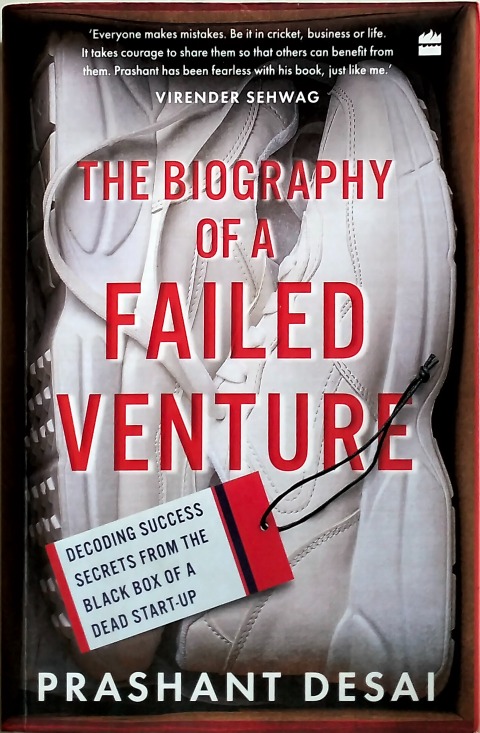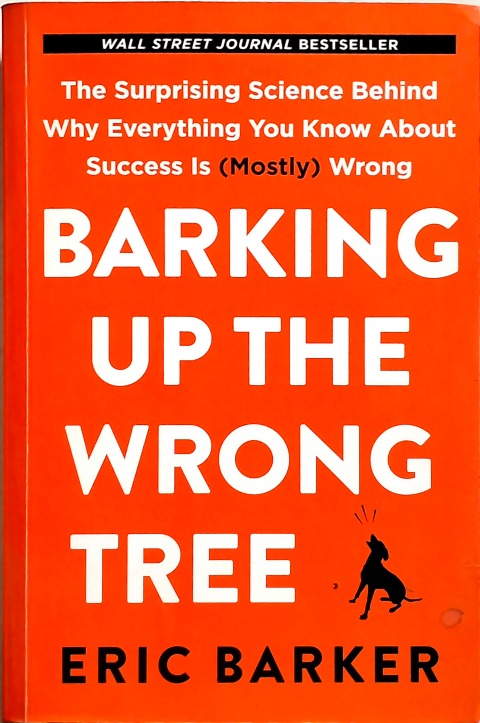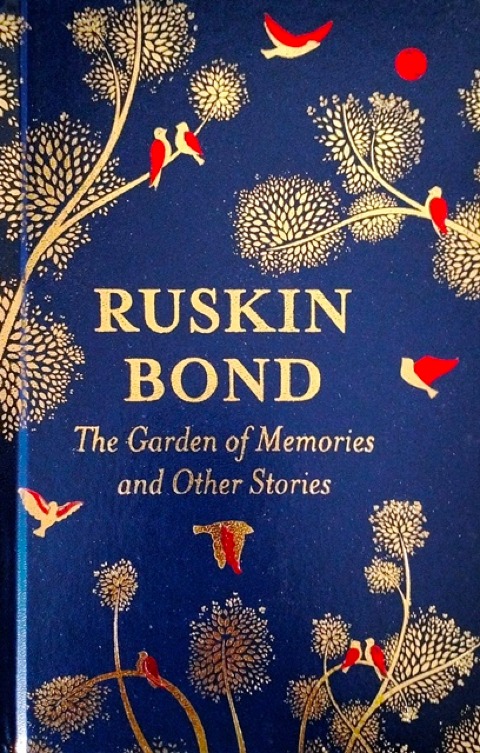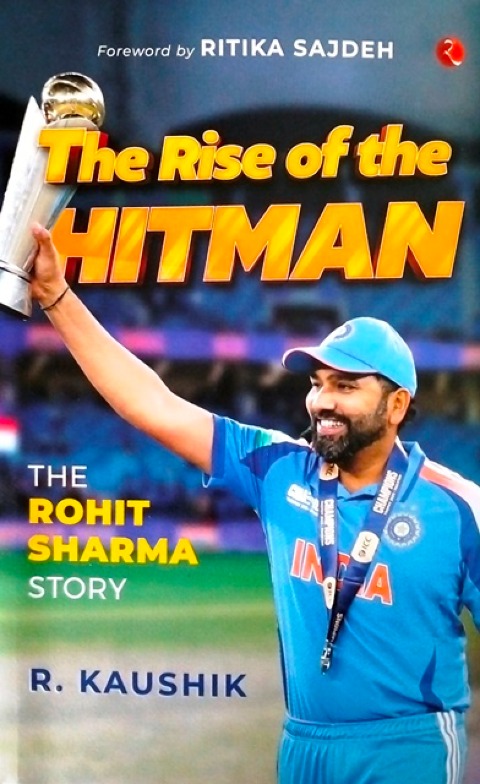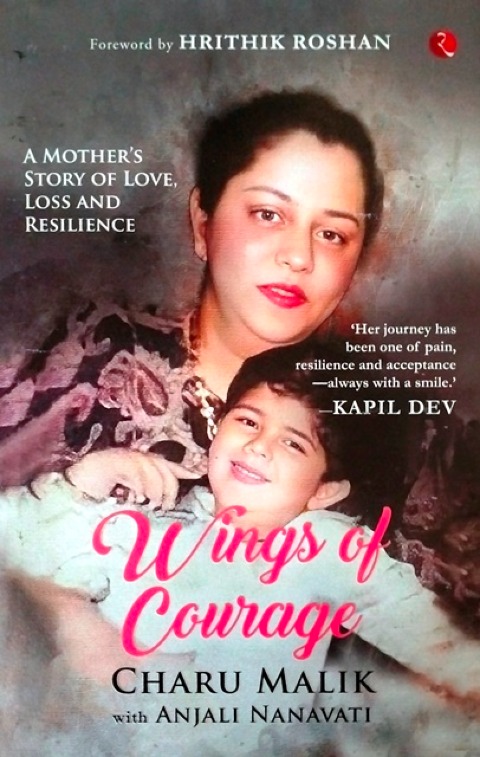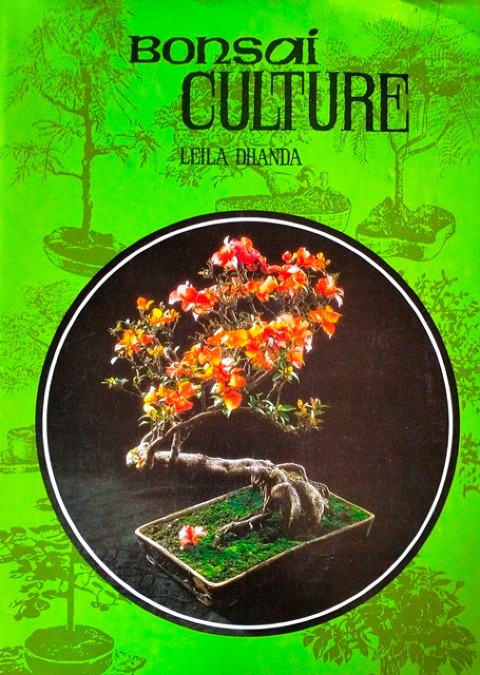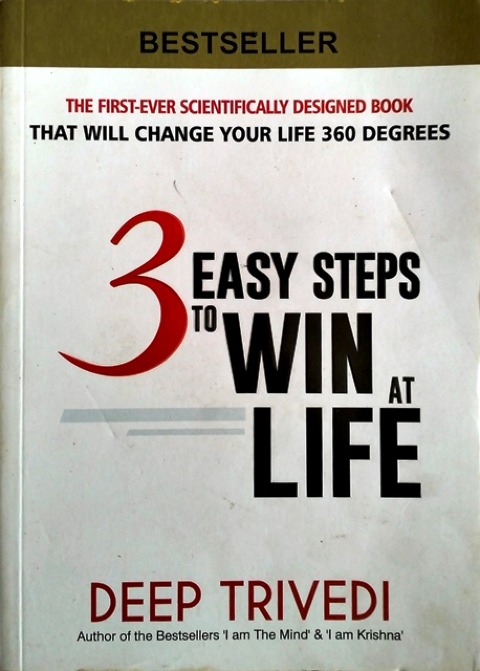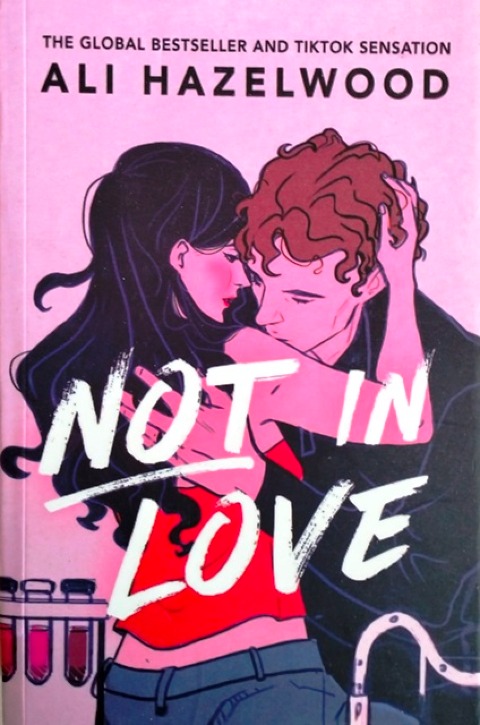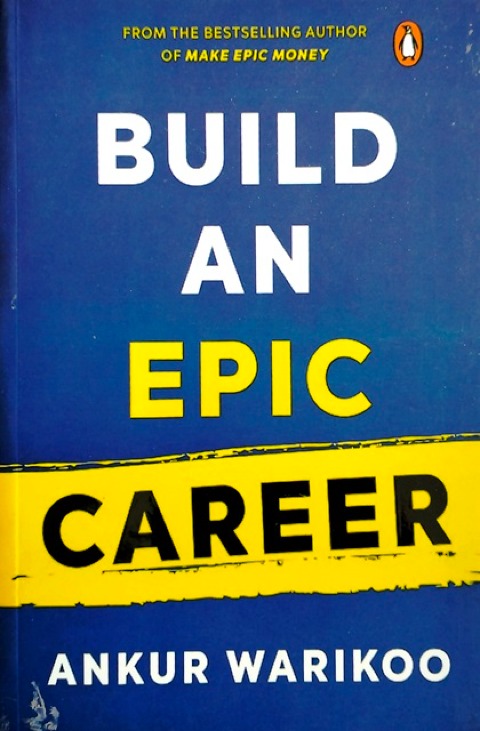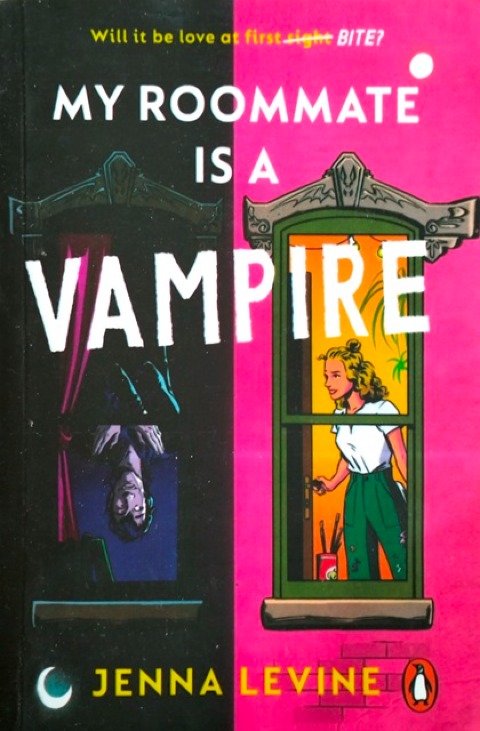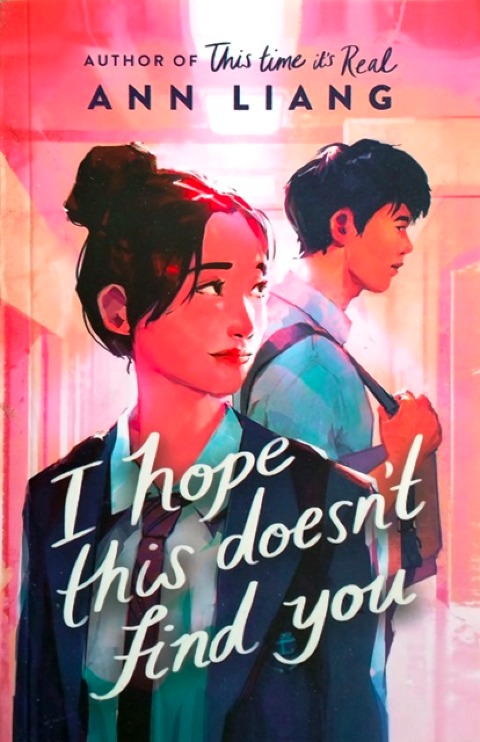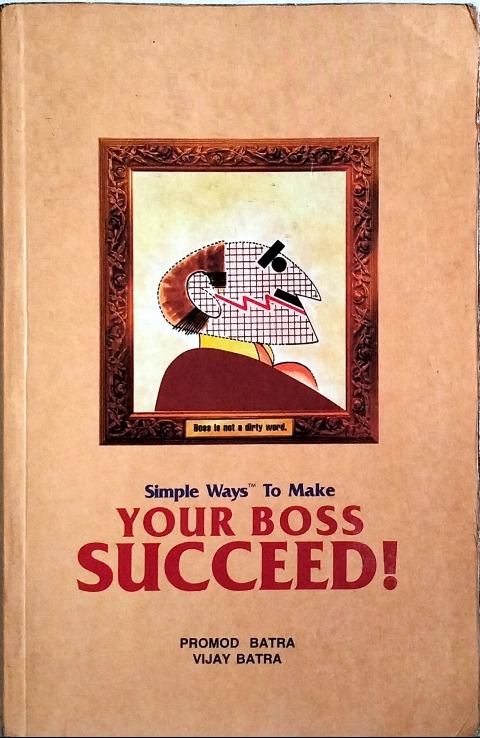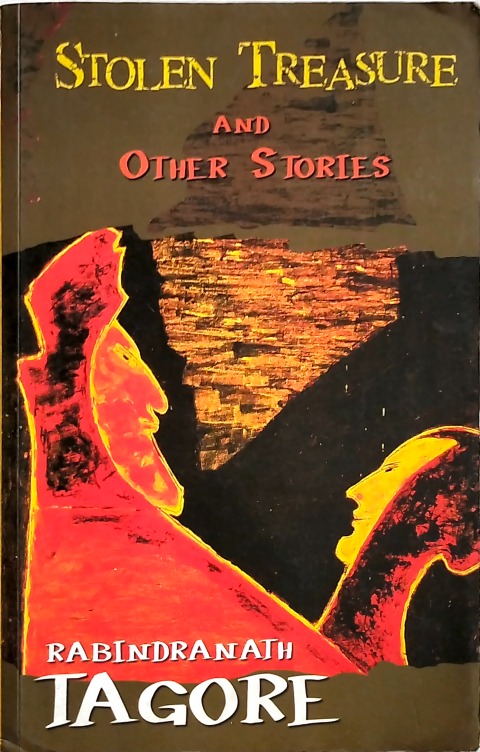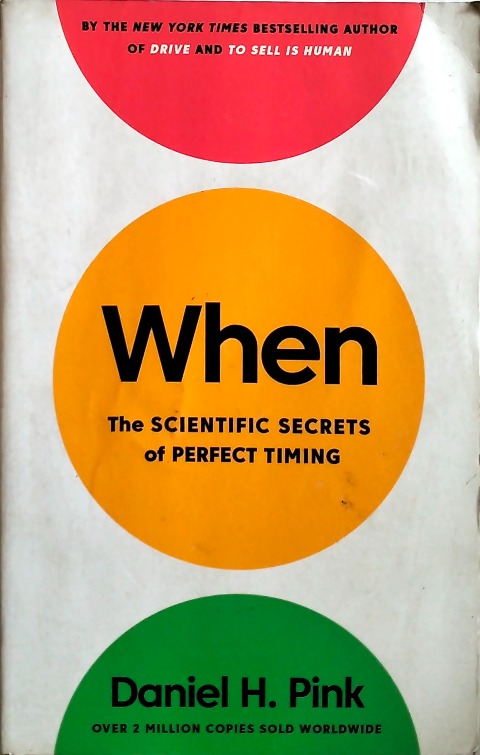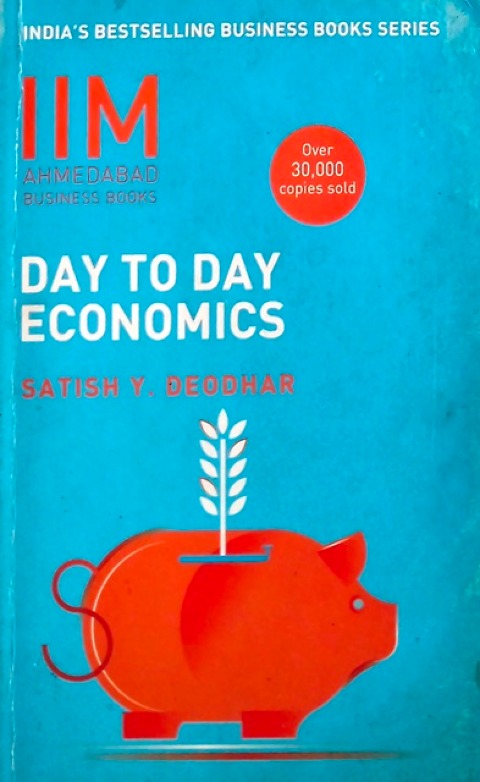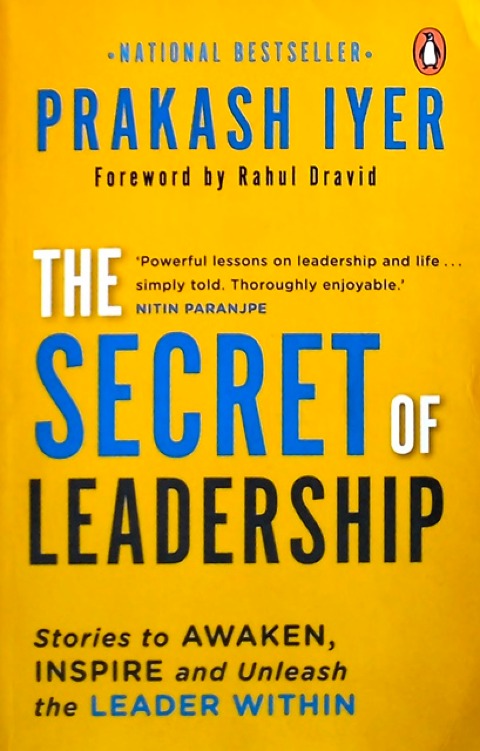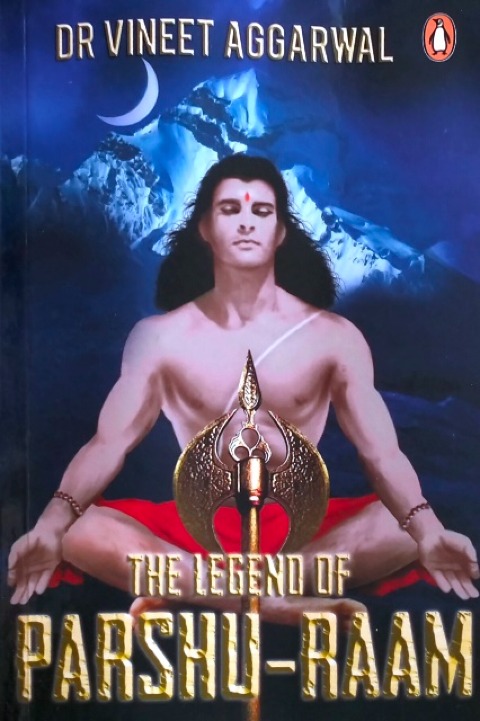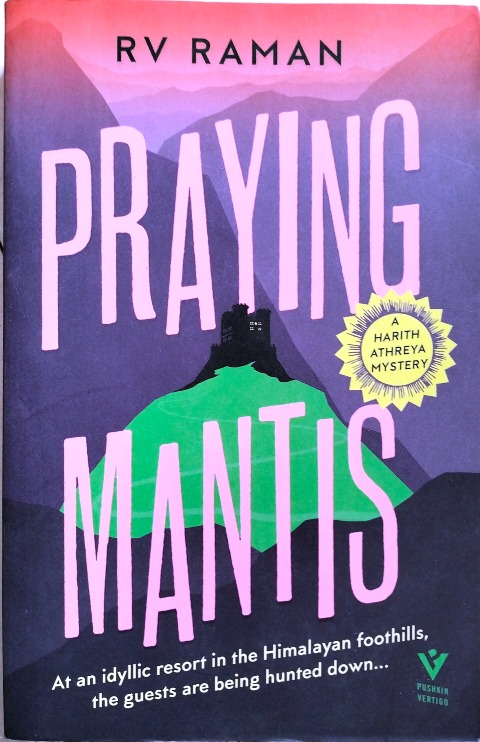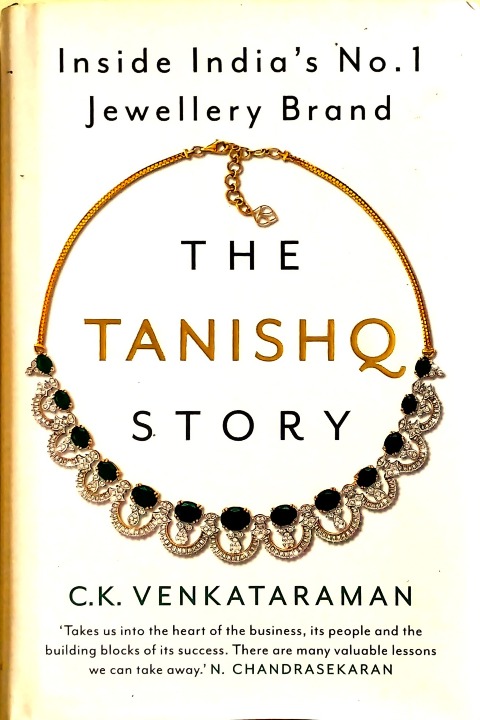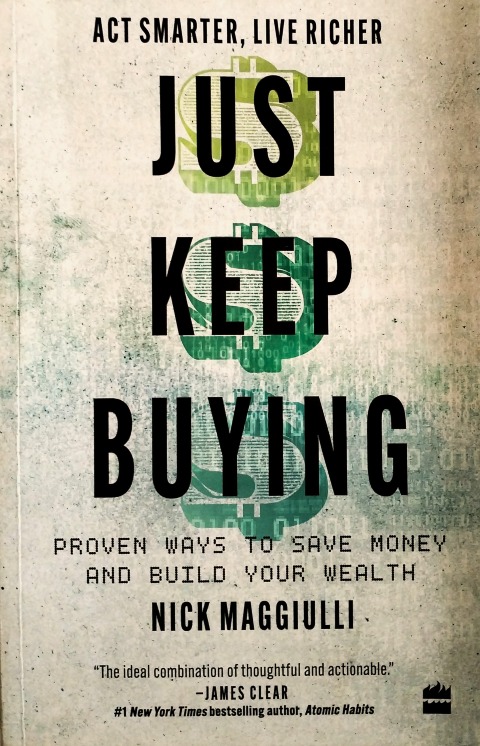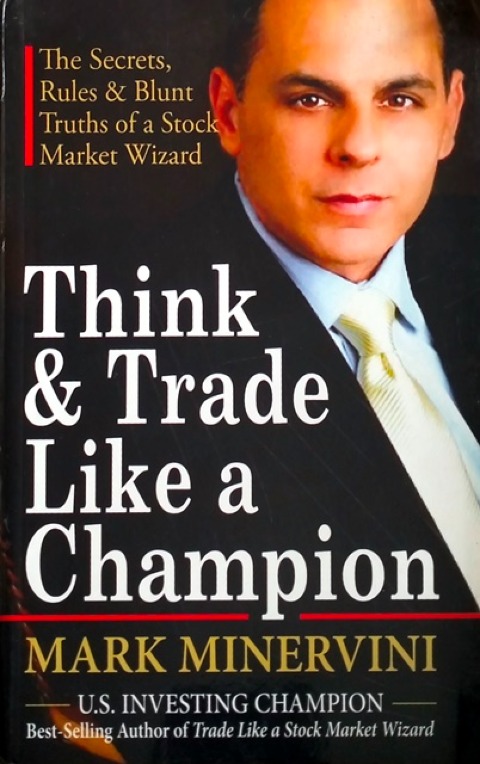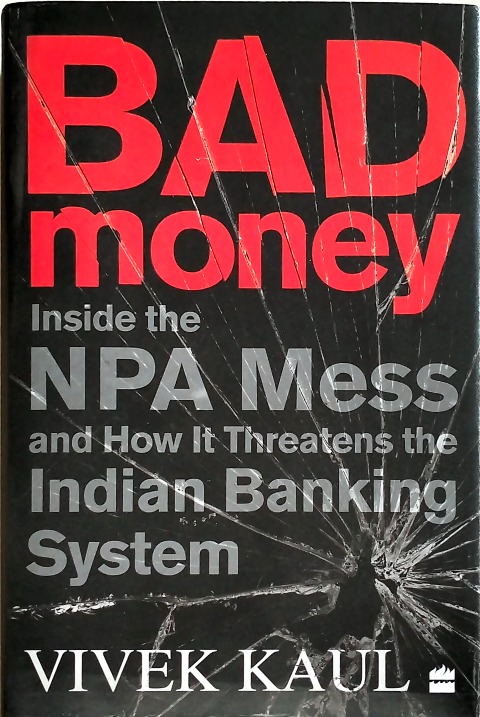-
The Biography Of A Failed Venture
THE STORY OF A TRULY INDIAN SPORTS BRAND THAT COULD GO PLACES BUT FAILEDPrashant Desai was seven when he lost his father. Growing up in poverty, his single-minded focus was to become wealthy and successful. Ranking fourth on the all-India Cost and Works Accountants exam at the age of twenty-one, joining the corporate world and working with leaders such as Rakesh Jhunjhunwala, Kishore Biyani and Jignesh Shah was a dream run that Prashant enjoyed, one that very few could even imagine and achieve. in April 2017, Prashant Desai founded a venture to build the first truly Indian sports brand - D:FY. In six months, Rajiv Mehta, who started Puma India and led it for seven years, joined him as a partner. They opened seventeen stores in seven cities, riding on great aspirations and confidence. The business lost Rs 30 crore in thirty months, virtually wiping out all that Prashant had earned for nearly thirty years. The venture failed not because Prashant did not possess the necessary vision, determination and courage; it failed because the number of things Prashant did wrong exceeded the number of things he did right.One could weep over the fuselage or decode the black box. So, when Prashant decided to decode it, new possibilities emerged, revealing a treasure trove of success secrets. The Biography of a Failed Venture provides a brutally honest account of why D:FY failed and how entrepreneurs can avoid these pitfalls to make their business ventures successful.
-
Barking Up The Wrong Tree
Much of the advice we’ve been told about achievement is logical, earnest…and downright wrong. In Barking Up the Wrong Tree, Eric Barker reveals the extraordinary science behind what actually determines success and most importantly, how anyone can achieve it. You’ll learn: • Why valedictorians rarely become millionaires and how your biggest weakness might actually be your greatest strength • Whether nice guys finish last and why the best lessons about cooperation come from gang members, pirates and serial killers • Why trying to increase confidence fails and how Buddhist philosophy holds a superior solution • The secret ingredient to “grit” that Navy SEALs and disaster survivors leverage to keep going • How to find work-life balance using the strategy of Genghis Khan, the errors of Albert Einstein and a little lesson from Spider-Man By looking at what separates the extremely successful from the rest of us, we learn what we can do to be more like them—and find out in some cases why it’s good that we aren’t. Barking Up the Wrong Treedraws on startling statistics and surprising anecdotes to help you understand what works and what doesn’t so you can stop guessing at success and start living the life you want.
-
Be Obsessed Or Be Average
We're in the middle of an epidemic of average. So-called "normal" people get up every day, go to work, do what's asked of them, leave promptly at 5, and return home to sit on the couch and watch TV. Society tells us that this is what it means to lead a balanced life. Don't stress too much or work too hard. Your career isn't everything. But Grant Cardone thinks this preoccupation with balance has really just given an excuse to be mediocre. The bestselling author, self-made multimillionaire, radio and TV personality, and owner of Grant Cardone TV knows that if you want real success, you have to be obsessed. You have to be hungry and hyper-focused and insatiable, and not listen to naysayers who tell you to tone it down. You also have to know how to harness that obsession so that you can use it to your advantage. Some of his maxims:-"Criticism is easily avoided by saying nothing, doing nothing, and being nothing."-"Never fear the haters - fear the weak who listen to them."-"Most people are dying at 20 and making it official at 80. Most people are living their life with nothing to brag or talk about."If you're looking for someone to coddle you and make excuses for your lack of success, you've come to the wrong book. For many people, a career isn't everything. For everyone else, there's Grant Cardone.
-
The Garden of Memories and Other Stories
‘This won’t last. Not in this way. But if something like it lasts, we should be happy.’ Our memories are like the multi-coloured flowers in a garden—some happy, some sad; each special on its own, but all coming together to paint a beautiful picture of a life well lived. The ability to walk through this garden whenever we want is one of the greatest gifts nature has given us, and there is nothing quite like the contentment of the occasional trip down memory lane. The Garden of Memories and Other Stories is a special collection that guides readers down the lanes of Ruskin Bond’s own garden on the occasion of his ninety-first birthday. Bringing together some of his most personal recollections and celebrated stories, this book offers a peak into the rich life of the writer on the hill in his usual inimitable and intimate style. Read less
-
The Rise of the Hitman
From his Under-17 days, Rohit Sharma was earmarked as one for the future. Blessed with loads of natural ability and inherently attractive, he made batting look very easy. Fusing the Mumbai school of batsmanship with organic flair, he broke into the Indian team when only 20 and immediately impressed during the inaugural T20 World Cup in South Africa in 2007 and in the triangular series in Australia in 2008. There were disappointments, too, along the way. On the morning of his Test debut, he sustained an ankle injury in February 2010 and had to wait until November 2013 to earn his Test cap. He was also left out of the Indian squad that triumphed in the 50-over World Cup at home in 2011. Despite starting his Test career with centuries in his first two matches, Rohit struggled for consistency and a settled slot in the middle order. He resurrected his limited-overs career on being asked to open in January 2013 and did likewise in Tests when he became a red-ball opener in October 2019. In early 2022, he was named India’s all-format captain, succeeding Virat Kohli. He was instrumental in India reaching the final of the 50-over World Cup at home in November 2023, ending a prolonged barren run by winning the T20 World Cup in June 2024 and bringing home the Champions Trophy in March 2025. This book traces Rohit’s roller-coaster journey from his early days in Borivali to ultimate glory in Bridgetown—through the eyes of his contemporaries, his friends and his coaches, all unanimous in their view that Rohit has remained unchanged through the various ups and downs of a career most fulfilling.
-
Wings of Courage
Most of us have had moments where we thought: ‘Why, God? Why me?’ At the age of twenty, when she was just settling into a happy married life, Charu Malik was diagnosed with muscular dystrophy, a debilitating and life-threatening disease. Within a few years, she was in a wheelchair. But then something special happened: the birth of her son, Alok, who became her reason to live and be happy. Over the next two decades, Charu’s life turned upside down again. She wondered, ‘Why would God be so cruel as to take my son away?’ Wings of Courage is a true story of how unforgiving life can be. The things we take for granted—whether being able to lift a finger or breathe normally—are no longer available to Charu. How does someone who has been bedridden for more than a decade stop blaming God for the repeated injustices dealt to her and find the courage to move on? You should meet her, dear reader. Even today, she has a perpetual smile on her face. If you can’t meet Charu, then journey with her as she chronicles her life in this book. She accepts God’s will but refuses to surrender to her illness. She instead reserves her every assisted breath to help whoever crosses her path through her charitable trust. Her life is a beacon for those who give up at the slightest inconvenience and teaches everyone to fight for this blessing called LIFE.
-
Bonsai Culture
The age-old Japanese art of dwarfing and shaping trees in shallow pots, bonsai, has come to India very recently. It is a subject not formerly practiced much here, and therefore is, only now being described in book form. So far, the guiding literature available to the enthusiastic beginner has been mainly books written abroad, dealing with flora and climatic conditions quite alien to ours. There has, therefore, been a crying need for a book based entirely on Indian conditions for the benefit of the Indian reader. Bonsai Culture has been written from Leila Dhanda’s personal experience of growing bonsai in India over a number of years, and has entailed experimentation and research in the subject. The book is a lucid step by step guide to the prospective grower of bonsai. The various methods of starting this hobby, and suitable plans for making bonsai are given. The styles in which trees may be grown; the properties and values of soils; suitable containers, accessories and tools required are described. The techniques of pruning and trimming; ‘shaping’ and ‘potting’ ; and details of daily care and maintenance which are very vital for the bonsai culturist, have been clearly explained. . In the 3rd edition a lot of new additions of text & photographs in black & white & colour have been done, the new edition is much more exhaustive than the earlier ones.
-
3 Easy Steps To Win At Life
3 Easy Steps To Win At Life The First-Ever Scientifically Designed Book ‘3 Easy Steps To Win At Life’ is the latest release by renowned author Deep Trivedi who has penned several bestsellers such as ‘I am The Mind’, ‘I am Krishna’, ‘101 All Time Great Stories’, ‘The Black Book of Soul’ and many more. This scientifically designed book will trigger a 360-degree transformation in your life. For ease of application, the book has been designed in three easy steps. Step 1 will help you to introspect and thus make you aware of your true self; and this self-introspection is of utmost importance. For, it is due to lack of self-awareness that a human being finds himself mired in problems. Therefore, this self-introspection in the first step itself will help you find a release from all your self-generated problems. Likewise, Step 2 will help you break free from all mental, familial, societal and financial problems beleaguering your life. As you are well aware, it is only when a human being is free of problems that he can function in a positive manner and achieve something of consequence. Proceeding further, Step 3 is designed to steer your life in the right direction, which will not only help boost your confidence but also teach you how to make the right decisions. And when your decisions prove to be right, your life will surely experience a 360-degree transformation. To gain this invaluable learning, all you have to do is allocate seven days to read the book and diligently fill in its 50+ day-to-day practical applications. For, it is these very applications filled in by you that will act as your true friend, philosopher and guide and steer you lifelong on the right path. This little effort on your part will not only serve you well by freeing you from all your problems, but also help you live the life of your dreams. This book is available in English, Hindi, Marathi and Gujarati at all leading bookstores and e-commerce sites
-
Not In Love
A forbidden, secret affair proves that all's fair in love and science - from Sunday Times and New York Times bestselling author Ali Hazelwood. Rue Siebert might not have it all, but she has enough: a few friends she can always count on; the financial stability she yearned for as a kid; and a successful career as a biotech engineer at Kline, one of the most promising start-ups in the field of food science. Her world is stable, pleasant, and hard-fought. Until a hostile takeover and its offensively attractive front man threatens to bring it all crumbling down. Eli Killgore and his business partners want Kline, period. Eli has his own reasons for pushing this deal through - and he's a man who gets what he wants. With one burning exception: Rue. The woman he can't stop thinking about. The woman who's off-limits to him. Torn between loyalty and an undeniable attraction, Rue and Eli throw caution out the lab and the boardroom windows. Their affair is secret, no-strings-attached, and has a built-in deadline: the day one of their companies will prevail. But the heart is risky business - one that plays for keeps.
-
Build An Epic Career
The world has changed. But the guides on career haven’t. The reality is that schools and families don’t adequately prepare us for the real world. Then, how do we build a career that has money, growth, fulfilment, and purpose—now and forever? Written with Gen Z and Millennials in mind, this book covers everything you need to take charge of your professional life. After the success of bestsellers like Do Epic Shit, Get Epic Shit Done and Make Epic Money, Warikoo’s EPIC Careers helps determine what success looks like for YOU, keeping in mind one simple question: What will make you build a truly EPIC career? A must-have for anyone entering their 20s!
-
My Roommate Is A Vampire
assie Greenberg needs a new place to live, and fast. When she finds an affordable apartment in a beautiful neighbourhood, she knows there must be a catch. Of course, her new roommate Frederick J. Fitzwilliam is far from normal. He sleeps all day, is out at night on business, and talks like he walked out of a regency romance novel. He is also leaves Cassie heart-melting notes around the apartment, always asks about her day, and doesn't look half bad shirtless on the rare occasions they're both home and awake. There's no denying there's a spark between them - but there's also a secret. . . With true love at stake, will Frederick come clean? AUTHORS ARE OBSESSED WITH MY ROOMMATE IS A VAMPIRE: 'Bloody delightful!' Ashley Poston, New York Times bestselling author of The Dead Romantics 'Wonderfully weird and sexy as hell ' Alicia Thompson 'A kooky, sparkly piece of happiness' India Holton 'This one is good to the last drop' Publishers Weekly 'Whimsical, magical, and hilarious' Sarah Hawley 'Will leave you laughing so loud you could wake the undead' Elizabeth Davis 'Wildly entertaining, delightfully steamy, laugh-out-loud hilarious, wrenchingly romantic' Thea Guanzon 'A fresh, charming romp full of heart and some of the best kissing scenes I've ever read' Isabel Cañas
-
I Hope This Doesnt Find You
Seventeen-year-old Sadie Wen is perfect on paper. It’s a reputation she’s fought hard to earn at the highly prestigious Woodvale Academy, and one she’s determined to maintain until graduation. The trick to keeping her model-student-smile plastered on her face at all times? She channels all her petty frustrations into her email drafts. One for the math teacher who refused to round her eighty-nine-point-nine percent up to ninety; one for the girl who blatantly copied her science project and took the credit for it. But most of her vehemently-worded emails are for her smug, infuriating co-captain, Julius Gong, who’s been the sharpest thorn in her side ever since they were kids. Sadie never meant for these emails to get out ... but now her whole life is about to change... From the author of THIS TIME IT'S REAL comes another own-voices love story with a high-concept twist Perfect for fans of Jenny Han and Crazy Rich Asians Gorgeously page-turning and endlessly readable, I HOPE THIS DOESN'T FIND YOU is perfect for BookTok and the Netflix generation
-
The Family Upstairs
#1 UK SUNDAY TIMES BESTSELLER OVER A MILLION COPIES SOLD HOLLY WILLOUGHBY'S SUMMER READING HIGHLIGHT 'I read it all in one sitting.' COLLEEN HOOVER 'I loved The Family Upstairs!' SARAH JESSICA PARKER 'Really good, gripping. I couldn't bear for it to finish...' OLIVIA COLMAN 'A twisty and engrossing story of betrayal and redemption.' IAN RANKIN 'Rich, dark and intricately twisted, this enthralling whodunnit mixes family saga with domestic noir to brilliantly chilling effect.' RUTH WARE ____________________ In a large house in London's fashionable Chelsea, a baby is awake in her cot. Well-fed and cared for, she is happily waiting for someone to pick her up. In the kitchen lie three decomposing corpses. Close to them is a hastily scrawled note. They've been dead for several days. Who has been looking after the baby? And where did they go? Two entangled families. A house with the darkest of secrets. A compulsive thriller from Lisa Jewell. ____________________ More love for The Family Upstairs ... 'I genuinely struggled to put this one down.' THE UNMUMSY MUM 'You don't read a Lisa Jewell book, you fall into it.' ERIN KELLY 'I swear I didn't breathe the whole time I was reading it. Gripping, pacy, brilliantly twisty.' CLARE MACKINTOSH 'Creepy, intricate and utterly immersive: an excellent holiday read.' GUARDIAN 'I had an unrelentingly pleasurable and thrilling for-God's-sake-tell-me-what-happened sensation in my stomach for the entire read ... Stupendous!' RUTH JONES 'Absolutely brilliant.' SARAH PINBOROUGH 'Lisa's Jewell's The Family Upstairs glitters like a blade and cuts even deeper.' AJ FINN 'I was hooked from the first page.' ALICE FEENEY 'Utterly compelling. Deliciously dark and twisty with characters who live on in your head. Lisa Jewell just keeps getting better and better.' JANE CORRY 'It's absolutely bloody brilliant and I can't tell you much I wish I'd written it.' TAMMY COHEN
-
Simple Ways To Make Your Boss Succceed
This book will tell you how to become a good subordinate by improving yourself bit by bit, in every way, every day. It will help you to think outside your box Accept the need to further your career. It will help you to get more pay and more promotions years to come. What are the qualifications of a good subordinate? Simply put, they are: a positive attitude and unlimited enthusiasm for your work. A good boss wants his subordinate to be a positive thinker, an excellent doer and a good co-operator to get things done in the best Possible way with one eye on quality and the other on costs. Your job is to make your boss succeed. And he in turn will either pull you along up the management ladder or make you promotable in your current job or in your next job. It’s simple.
-
When
The instant New York Times Bestseller#1 Wall Street Journal Business BestsellerInstant Washington Post Bestseller"Brims with a surprising amount of insight and practical advice." --The Wall Street JournalDaniel H. Pink, the #1 bestselling author of Drive and To Sell Is Human, unlocks the scientific secrets to good timing to help you flourish at work, at school, and at home. Everyone knows that timing is everything. But we don't know much about timing itself. Our lives are a never-ending stream of "when" decisions: when to start a business, schedule a class, get serious about a person. Yet we make those decisions based on intuition and guesswork.Timing, it's often assumed, is an art. In When: The Scientific Secrets of Perfect Timing, Pink shows that timing is really a science.Drawing on a rich trove of research from psychology, biology, and economics, Pink reveals how best to live, work, and succeed. How can we use the hidden patterns of the day to build the ideal schedule? Why do certain breaks dramatically improve student test scores? How can we turn a stumbling beginning into a fresh start? Why should we avoid going to the hospital in the afternoon? Why is singing in time with other people as good for you as exercise? And what is the ideal time to quit a job, switch careers, or get married?In When, Pink distills cutting-edge research and data on timing and synthesizes them into a fascinating, readable narrative packed with irresistible stories and practical takeaways that give readers compelling insights into how we can live richer, more engaged lives. Read less
-
Day To Day Economics
Economics and its applications are everywhere around us; however it is not easy for a layman to understand the complex theories and concepts of this subject. To ensure that the subject of Economics can be understood by common people, Satish Y. Deodhar has written this book, 'IIMA - Day to Day Economics?. This book explains the most difficult Economics terms in a simple and easy to understand language. This book explains the role of the Government and the various policies that affect daily economic activities. This book is published by Random House India publications in 2016. The main focus of the book is to showcase the various features of Economics using simple terms which will come to the aid of readers of all proficiency levels. It starts with the various economic institutions and the work that they do. Plus, it emphasizes on the different functions carried out by the government along with the significance of private sectors. The author then stresses on the needs of having a clear demarcation on the various functions carried out by every institution and having roles for each sector. The next chapter is focused on government budgets and deficits and its effects on the common man. The book describes the complete procedure of creating the budget and how various aspects of budget are calculated. The third chapter is based on the stock markets and banks; giving details of its fluctuations and how it affects the economy. The topic of free trade is addressed in the fourth chapter while the fifth chapter address the concept of inflation and the sixth chapter talks about various factors that affect an economy?s growth and recession. About the Author Satish Y. Deodhar works as a professor at IIM Ahmedabad and teaches Economics. He completed his MA degree and Ph.D. in 'A Linear-Quadratic Dynamic Game Approach to Estimating Market Power in the Banana Export Market' from Ohio State University and has worked with the Indian Government, the United States Department of Agriculture as a consultant. He won the 'Dewang Mehta Best Professor of Economics Award' twice and in 2008 received the Young Professor Award for Excellence in Research at IIMA. The book, 'IIMA - Day to Day Economics' is a useful book for those who have an avid interest in the subject of Economics. This book is easily available online for convenient shopping.
-
The Secret Of Leadership
Bestselling author Prakash Iyer uses simple but powerful anecdotes and parables from all over the world to demonstrate what makes for effective personal and professional leadership. Iyer draws lessons from sources as diverse as his driver, a mother giraffe, Abraham Lincoln and footballers in the United Kingdom. He shows how an instinct to lead can be acquired while flipping burgers at a fast food chain. All of these stories come together in an explosive cocktail to unleash your inner leader.
-
The Legend Of Parshuram
He was the guru of Bhishma Pitamah… An avatar of Vishnu but a disciple of Shiva… And he shall be the martial guru of Kalki, the last Avatar in this Yuga! When the Chandravanshi emperor Arjun begins expanding his empire to cover the entire world, the Asuras hit back with an insidious plan. Caught in the crossfire is Raam, the son of rishi Yamdagni and scion of the Bhargava clan. Will the machinations of Asura, Naga and Urag tribes affect the Brahmin boy and his family? Will the political intrigues of Nabhi-varsh let Bhargava Raam find his destiny or push him towards a future he never envisioned? This is the story of a man who rose to the level of divinity to establish a fair and just society; the story of the making of a legend...
-
Praying Mantis
Book 3 in the critically acclaimed cosy murder mystery series set in contemporary India, featuring the wise and gentle detective Harith Athreya - perfect for fans of Richard Coles, Ian Moore and Janice Hallett 'Athreya is a fine detective with a curious mind' New York Times 'An impressive force in the world of whodunnits' CrimeReads ________________ ISOLATION Detective Harith Athreya is taking a well-earned break at a boutique hill in the Himalayan footfills. But his holiday is cut short when mysterious bloody handprints appear on the walls around the resort. INCRIMINATION When a guest falls to her death, the hotelier casts suspicion on five young people who checked in at the same time as the victim but who all claim not to know her - or each other. INTRIGUE Does one of these guests have something to do with the tragedy? Harith Athreya must get to the bottom of the case before the murderer strikes again...
-
The Tanishq Story Inside India’s No. 1 Jewellery Brand
When we think of jewellery in India, Tanishq comes to mind first. It occupies substantial mind space, millions own it, and its stores are prominent and everywhere. But the story of Tanishq is more than just a successful business one. Tanishq transformed the jewellery industry by formalizing the business, creating industry standards in production, providing, for the first time, stringent quality assurances to its customers and giving new meaning to jewellery through deep-design stories and craftsmanship. But it wasn’t always like this. Tanishq was launched in the mid-1990s with little thought of the Indian jewellery market and consumer, and made consistent losses in its early years. How did it turn things around? How does any company change its fortunes? And what are the lessons we can learn from it? C.K. Venkataraman tells the story of this extraordinary brand from the inside with honesty, intelligence and colour, opening up about its missteps, analysing its strengths and weaknesses, and pulling in key Titan executives who were involved with the business from its earliest days. Inspiring, thought-provoking and deeply engaging, The Tanishq Story is an outstanding book.
-
Just Keep Buying
Everyone faces big questions when it comes to money - questions about saving, investing, and whether you’re getting it right with your finances. Unfortunately, many of the answers provided by the financial industry have been based on belief and conjecture, rather than data and evidence - until now. In Just Keep Buying, the hugely popular finance blogger Nick Maggiulli crunches the numbers to answer the biggest questions in personal finance and investing, while providing you with proven ways to build your wealth right away. You will learn why you need to save less than you think; why saving up cash to buy market dips isn’t a good idea; how to survive (and thrive) during a market crash; and much more. By following the strategies revealed here, you can act smarter, and live richer, each and every day. It’s time to take the next step in your wealth-building journey. It’s time to just keep buying.
-
Think & Trade Like A Champion
THE MOST EAGERLY AWAITED INVESTMENT BOOK OF THE YEAR • • • MORE THAN 80 CHART EXAMPLES • • • INCLUDES BONUS PSYCHOLOGY CHAPTER - MARK MINERVINI WITH PERFORMANCE COACH JAIREK ROBBINS • • • "Most traders and money managers would be delighted to have Minervini's worst year as their best... he has run circles around most PhDs trying to design systems to beat the market." -- JACK SCHWAGER, bestselling author of Stock Market Wizards • • • In Think & Trade Like a Champion, Mark will show you, step-by-step, how to use his time-tested principles to dramatically improve your performance and develop the confidence needed to achieve Superperformance. Mark reveals his personal trading rules and the secret techniques that made him one of America's most successful stock traders. You will learn how to use Mark's methods in your own trading and literally TRADE LIKE A CHAMPION! * * Mark is featured in Momentum Masters - A Roundtable Interview with Super Traders and in Jack Schwager's Stock Market Wizards: Interviews with America's Top Stock Traders. Schwager wrote: "Minervini's performance has been nothing short of astounding." . . . If you're ready to master the art and science of stock investing, champion trader Mark Minervini will show you how to dramatically increase your returns while keeping your risk to an absolute minimum . . . KNOWLEDGE THAT WILL EMPOWER YOUR TRADING FOR LIFE.
-
Bad Money
Over the last decade, Indian banks in general and the government-owned public sector ones in particular have gradually got themselves into a big mess. Their bad loans, or loans which haven't been repaid for ninety days or more, crossed Rs 10 lakh crore as of 31 March 2018. To put it in perspective, this figure is approximately seven times the value of farm loan waivers given by all state governments in India put together. And this became the bad money of the Indian financial system. Why were the corporates unable to return these loans? Was it because they had no intention of doing so?Who were the biggest defaulters of them all? Are Vijay Mallya and Nirav Modi just the tip of the iceberg?How much money has the government spent trying to rescue these banks?How are the private sector banks gradually taking over Indian banking?Is your money in public sector banks safe?How are you paying for this in different ways?And what are the solutions to deal with this? In Bad Money, Vivek Kaul answers these and many more questions, peeling layer after layer of the NPA (non-performing assets) problem. He goes back to the history of Indian banking, providing a long, deep and hard look at the overall Indian economy. The result is a gripping financial thriller that is a must for understanding a crisis that threatens our banking system and economy.

